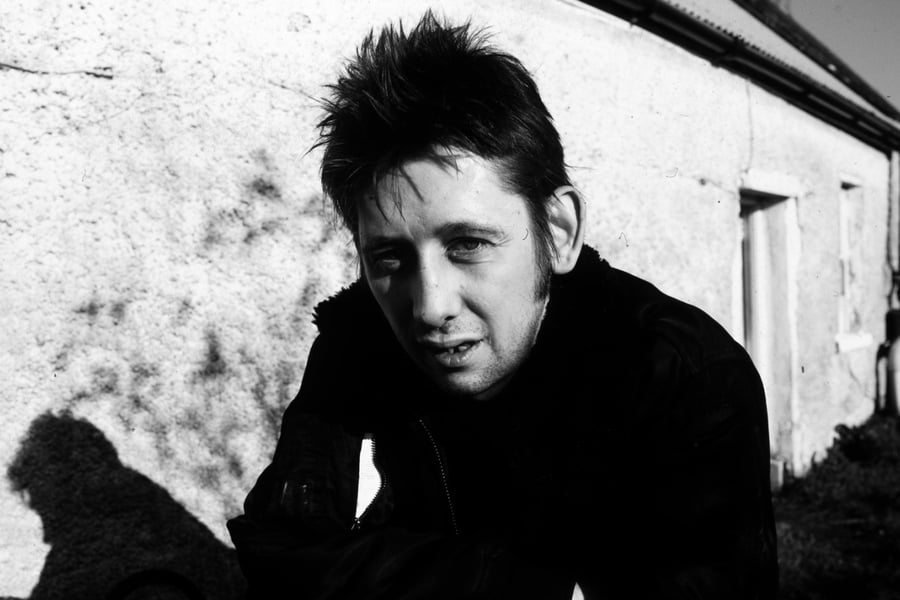Shane MacGowan: 15 Essential Songs
An anti-war epic, a Christmas classic, an incredible Sinead duet, and more

Martyn Goodacre/Getty Images
WITH THE POGUES, singer, songwriter, and rock & roll icon Shane MacGowan connected the sound and spirit of punk with his Irish roots to create one of the most distinctive bands of the past 40 years. Pogues albums like 1985’s Rum, Sodomy & the Lash and 1988’s If I Should Fall From Grace With God remain classics, and his finest songs (both originals and covers) were full of heart, poetry, and ragged beauty. He was also a great duet partner for other artists. Here are some highlights from his brilliant career.
From Rolling Stone US




















































